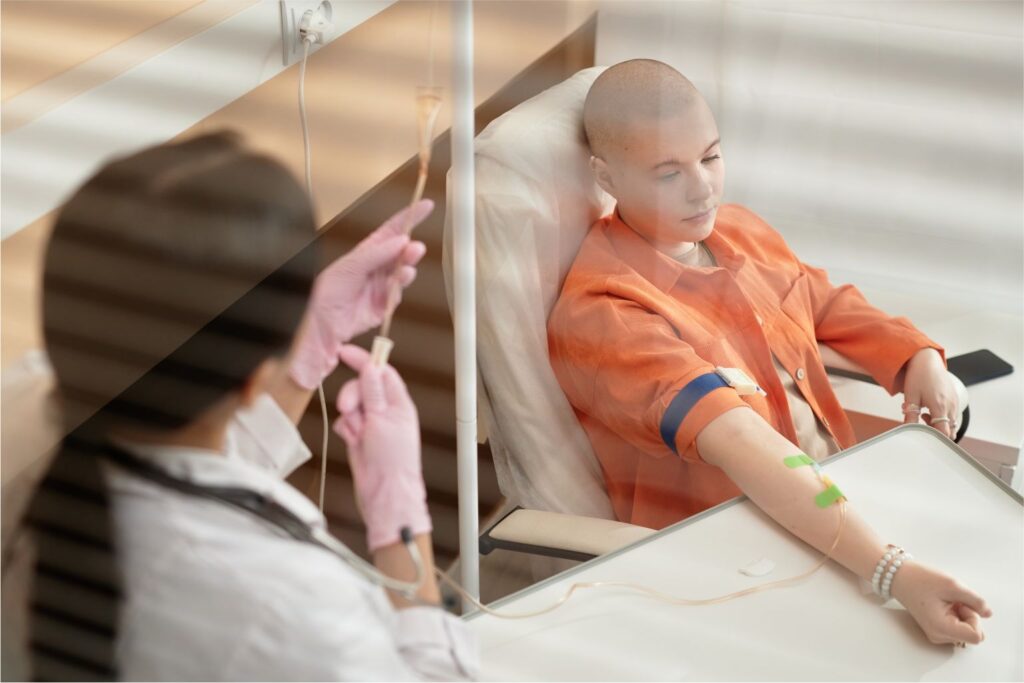
In what scientists are calling a “major milestone”, a nationwide UK clinical trial has shown that a chemotherapy-free approach using targeted drugs can significantly improve outcomes for people with chronic lymphocytic leukaemia (CLL), the most common type of leukaemia in adults.
Researchers from Leeds led the FLAIR trial, which involved 786 patients across 96 cancer centres in the UK. Out of the total lot, the researchers randomly assigned a few patients to receive either standard chemotherapy, a single targeted drug, ibrutinib, or a combination of ibrutinib and venetoclax.
Also Read | England becomes first to roll out ‘Trojan horse’ therapy for blood cancer
Researchers found that after five years, 94% of patients who received the combination drug were alive with no disease progression. This compares with 79% for those on ibrutinib alone and 58% for those on standard chemotherapy.
Additionally, 66% of patients receiving the two-drug combination had no detectable cancer in their bone marrow after two years, versus none of the people on ibrutinib alone and 48% on chemotherapy.
“This is a milestone,” said Dr Talha Munir, the study’s lead investigator and a consultant haematologist at Leeds Teaching Hospitals NHS Trust. “We’ve proven that chemotherapy-free treatment can not only be more effective but also gentler on patients.”
Both ibrutinib and venetoclax work by disrupting cancer cell growth through different mechanisms. Ibrutinib halts cancer cell signalling, whereas venetoclax targets a key protein that helps CLL cells survive.
Dr Iain Foulkes of Cancer Research UK, which co-funded the study alongside AbbVie and Johnson & Johnson, said the trial paves the way for more personalised, targeted treatment strategies for blood cancers.
The research was published in the New England Journal of Medicine and presented at the European Haematology Association congress in Milan.








